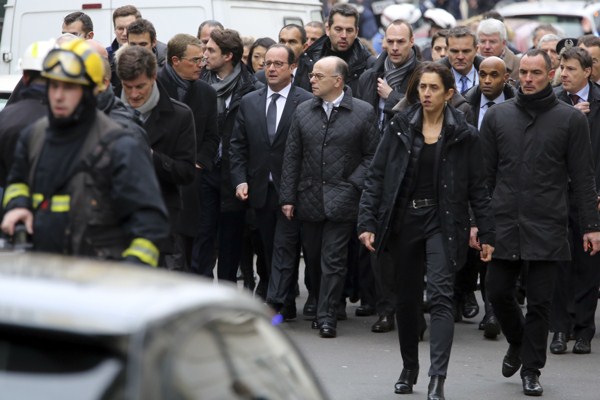PARIS—For the seven years I have lived here, the French military has been at war, first in Afghanistan, then in Libya, Mali and the wider Sahel region. Yet if the French armed forces were not only engaged, but at times stretched to the breaking point by their operational pace, the French people seemed oblivious to the country’s role in the fight against Islamic extremism in Africa and now the Middle East. In all but the most dramatic circumstances, casualties were ignored, and while the spotlight of breaking news at times put these wars in the public’s mind, the debate was never fully engaged or sustained. Even after lone wolf attacks by Mohammed Merah in and around Toulouse in 2012 and Mehdi Nemmouche at the Jewish Museum in Brussels last year—not to mention the brutal killing of a French tourist in Algeria in retaliation for France’s participation in the coalition against the so-called Islamic State (IS)—there was a sense of anxiety, but no real examination of what to do about the broader threat of Islamic radicalism at home and abroad.
With Wednesday’s brutal assassination of the editorial staff of Charlie Hebdo, that period of complacency is over. Now, as the initial shock of the attack begins to fade, the country will begin to confront the hard work that lies ahead. Unlike New York and Washington after 9/11, there is no debris to dig out from under other than that of hasty reactions and faulty thinking. France will have to modulate its response to the attack on four fronts in order to effectively address the threat it now faces.
First, the military front. Here the challenge is twofold: to resist the urge to turn inward, while finding the resources to maintain a forward posture. This will not be an easy balance to strike in an environment of slow to no growth and budget austerity. France’s security role in the Sahel is crucial to West African and European security and has allowed U.S. President Barack Obama’s administration to pursue its preferred course of a lightened American military footprint in the post-Iraq and post-Afghanistan era. French determination to play a role in Syria could prove to be similarly pivotal.

